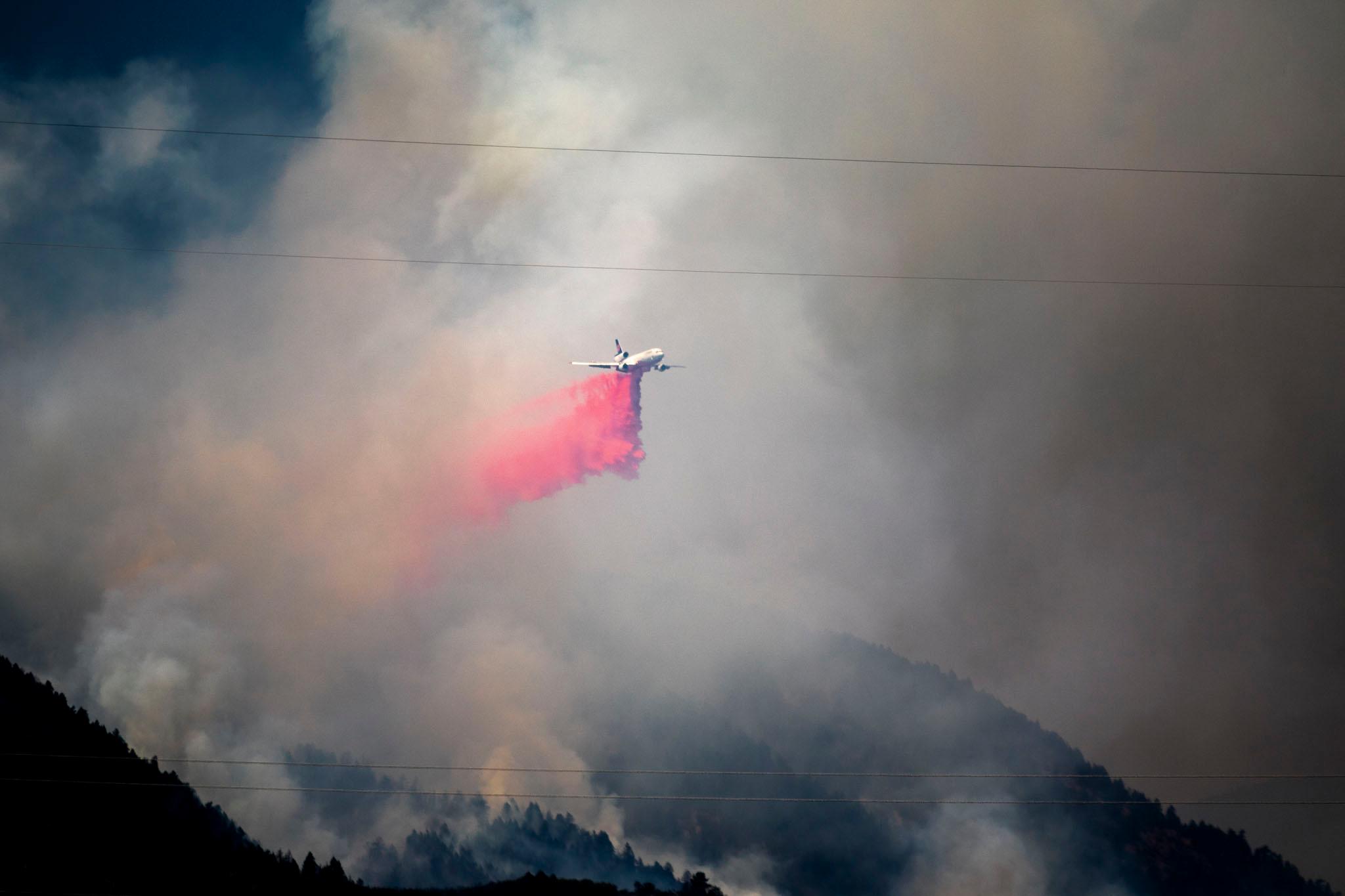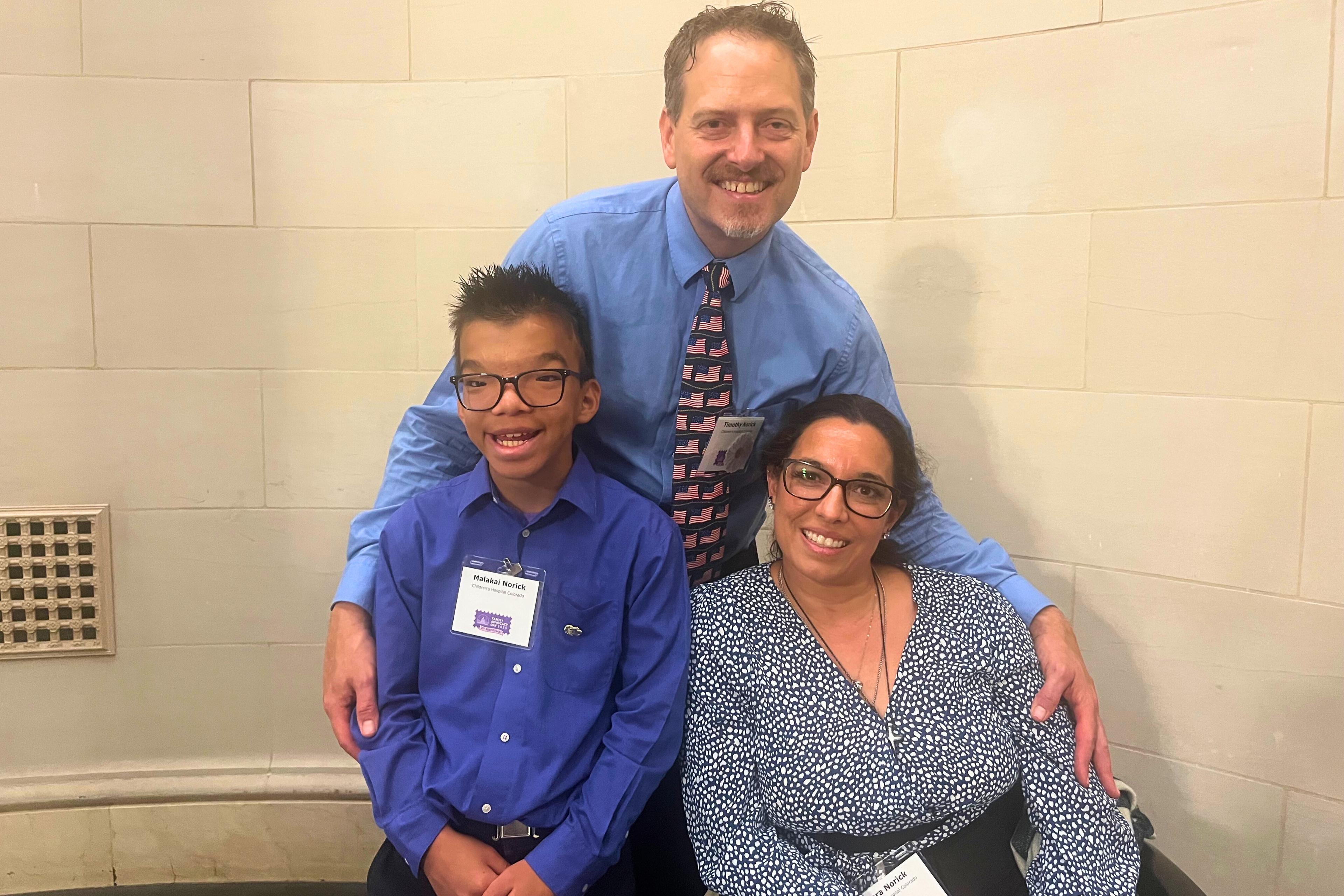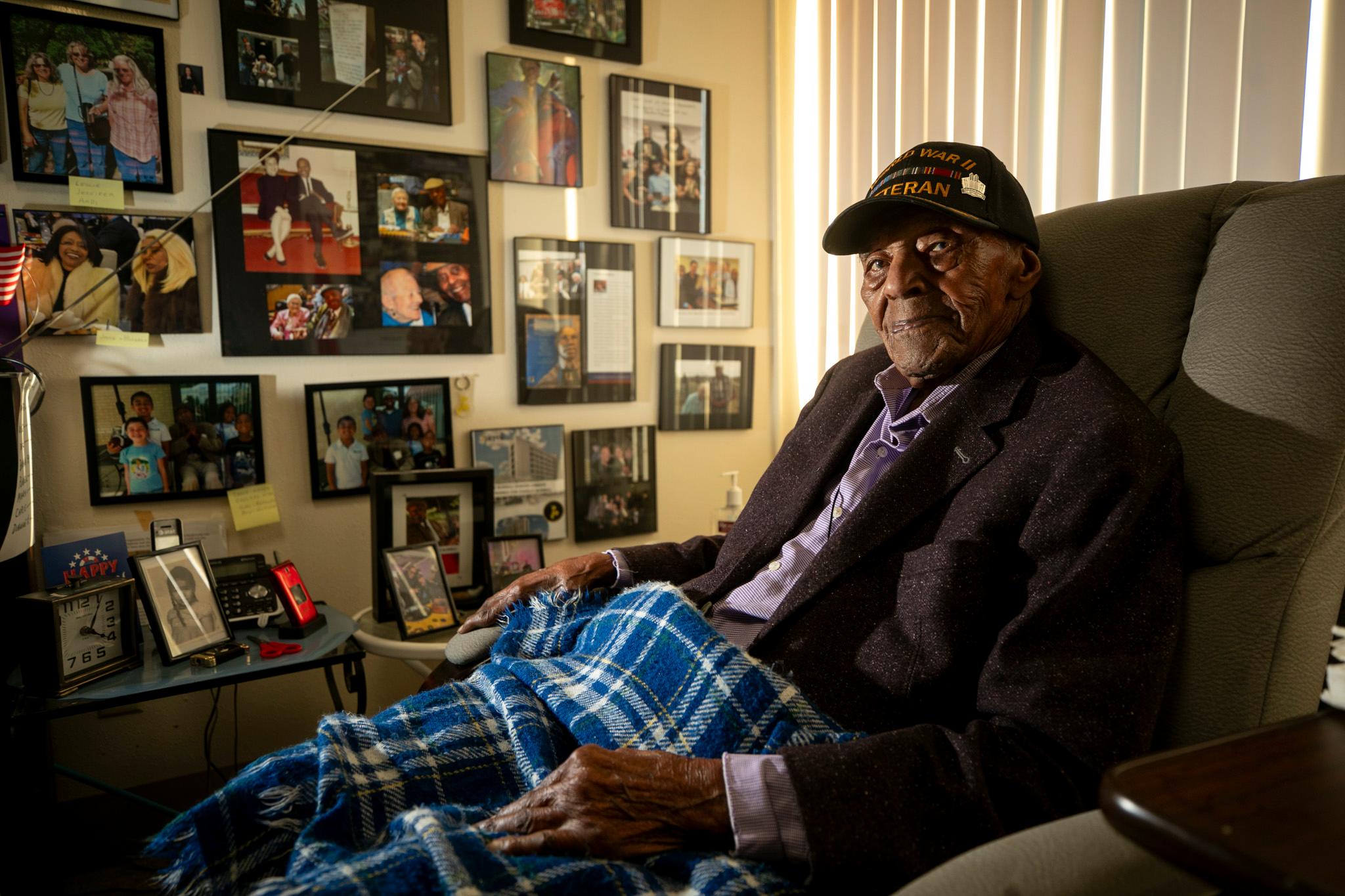
Measles cases in Colorado are adding up and it seems to be happening at a quicker rate.
Health officials announced Friday a fifth confirmed case of measles for 2025. The case was identified in a vaccinated adult with recent international travel.
The person traveled to an area of Chihuahua, Mexico, which is experiencing an ongoing measles outbreak, according to the Colorado Department of Public Health and Environment, the Denver Department of Public Health and Environment, and Jefferson County Public Health, in a press release.
“The measles vaccine provides strong protection, and cases like this are very rare,” said Dr. Ned Calonge, Chief Medical Officer at the Colorado Department of Public Health and Environment.
“Staying up to date on vaccinations and being aware of health risks when traveling are important ways to protect yourself and your community. We’re sharing this information out of an abundance of caution to support early detection and limit the risk of further spread,” he said.
Health officials listed one known possible exposure location to alert others to be on the lookout for symptoms: Kaiser Lakewood Medical Offices Urgent Care at 8383 W. Alameda Ave. No. 2 in Lakewood. The critical window was on Saturday, April 19, from 10:30 a.m. to 1 p.m.
Anyone who was there that day during those times may have been exposed to measles. They should monitor for symptoms for 21 days after exposure and “consider avoiding public gatherings or high-risk settings,” according to the release. “Monitoring for symptoms is especially critical for people who have not been vaccinated with the MMR vaccine. We will update the locations, as necessary,” it stated.
Measles is highly contagious. It can lead to serious health problems, but it’s preventable; the measles, mumps, and rubella (MMR) vaccine provides strong protection.
“In rare cases, people who are vaccinated can still get measles — about three out of every 100 — but their symptoms are usually milder, and they are less likely to spread it to others. Measles only spreads from people who show symptoms; it does not spread from people who aren’t feeling sick,” the release stated.
People exposed to measles typically develop symptoms seven to 21 days after exposure. Symptoms include fever, cough, runny nose, red eyes, and a characteristic rash that usually starts several days later on the face. If you were at the Lakewood clinic location during the exposure window and develop symptoms, “immediately contact your health care provider by phone,” the release said. If you do not have a provider, call an urgent care center or emergency department and explain that you may have been exposed to measles. Calling ahead helps prevent additional exposures, it noted.
This case comes after four others in the last month
This latest case comes as numbers in Colorado climb, echoing a national increase. Colorado’s fourth case came just two days earlier.
Colorado recorded its first case of 2025 in an adult in Pueblo County on March 31. A second case was confirmed in Denver in an infant about a week later. Both were unvaccinated.
The third case was in Archuleta County, in south-central Colorado, in an adult with an unknown vaccination history.
In the fourth case, announced on Wednesday, the Denver health department could not verify proof of vaccination for the person; their blood results showed they did not have immunity to measles, a spokesperson said, via email.
That case involved an adult, a household contact of the first Denver case identified earlier this month.
All told, three of Colorado’s five cases have popped up in Denver County. Two of the five were unvaccinated, two more were in people with unknown vaccine status. This is the first case in a vaccinated person in Colorado this year.









